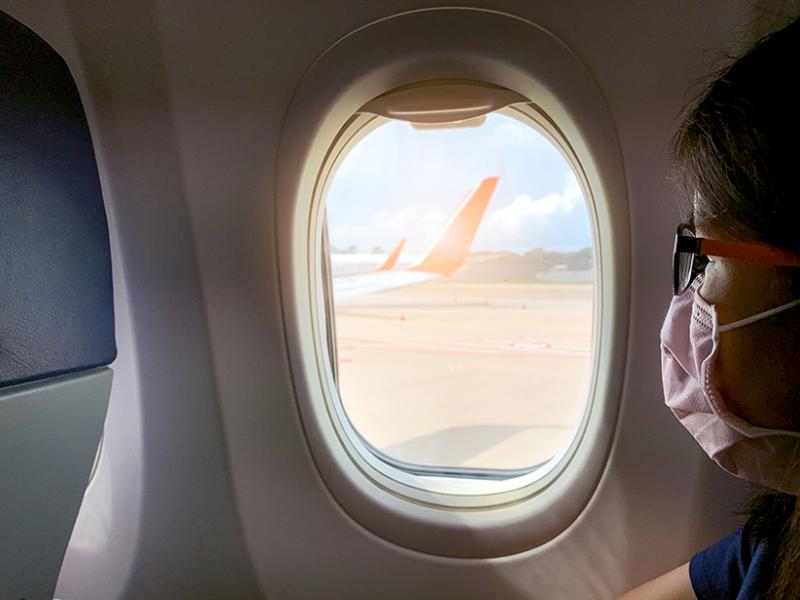New guidelines to avoid or manage an outbreak of coronavirus on board ships are now available. They include pre-boarding screenings, isolation cabins, outbreak management plans, contact tracing, quarantine, daily cleaning and disinfection.
The World Health Organization (WHO) Operational considerations for managing Covid-19 cases/outbreak on board ships released on 24 February, is recommended for use in conjunction with its Handbook for management of public health events on board ships.
It calls on shipowners to provide crew guidance so they can recognise signs and symptoms of the virus, such as fever and coughing, recent travel to or residence in China or other world hotspots.
If a suspect case is identified, the ship should start an outbreak management plan on board, even before lab results confirm an infection.
The International Transport Workers’ Federation (ITF) has advised crew to keep a distance from sick people and keep interactions brief. If possible interactions should be limited to a single crew member.
Crew should wash their hands often and avoid touching their eyes, nose and mouth. Ships should ensure availability of conveniently located dispensers of an alcohol-based hand sanitiser. Crew should wear disposable gloves when in contact with sick people or contaminated areas.
Seafarers suspected of contracting the virus should immediately wear a mask and be isolated. The ships master must inform the health authorities at the next port of call. Contact tracing should begin immediately. Crew on board a suspected case are assessed as high risk or low risk.
Anyone who has shared the same cabin, had close contact with the infected person in a closed environment such cabin stewards, restaurant staff, gym trainers, healthcare workers, people dining at the same table or crew working together, are high risk.
They should remain on board the ship in their cabins or preferably at an onshore facility.
If a test proves positive any people who were in close contact should go into onshore quarantine.
Cabins and quarters where patients and close contacts have stayed should be cleaned and disinfected daily. All laundry, food service utensils and waste should be handled as infectious.
For large ships carrying seafarers from many countries, failure to do so, may have international ramifications.
Once the ship is in port authorities should conduct a risk assessment and decide in consultation with the ship owner whether to end the cruise or voyage.
Workers should wear eye protection, long sleeved gowns and gloves when loading patients into an ambulance.
WHO advises a ship should be sanitised and have a new crew before sailing.
All passengers and crew not considered high risk should still provide their details to be kept on board for at least one month after disembarking in the event a case is confirmed after the voyage has ended.
For further information:




